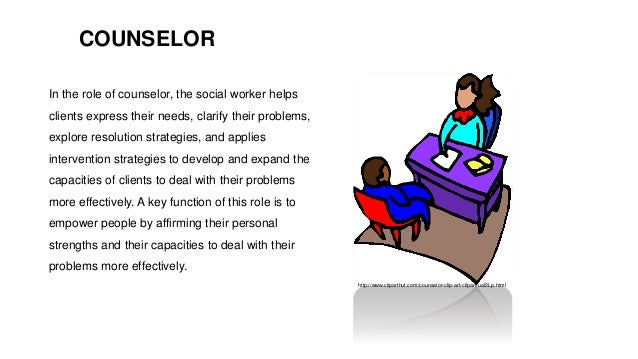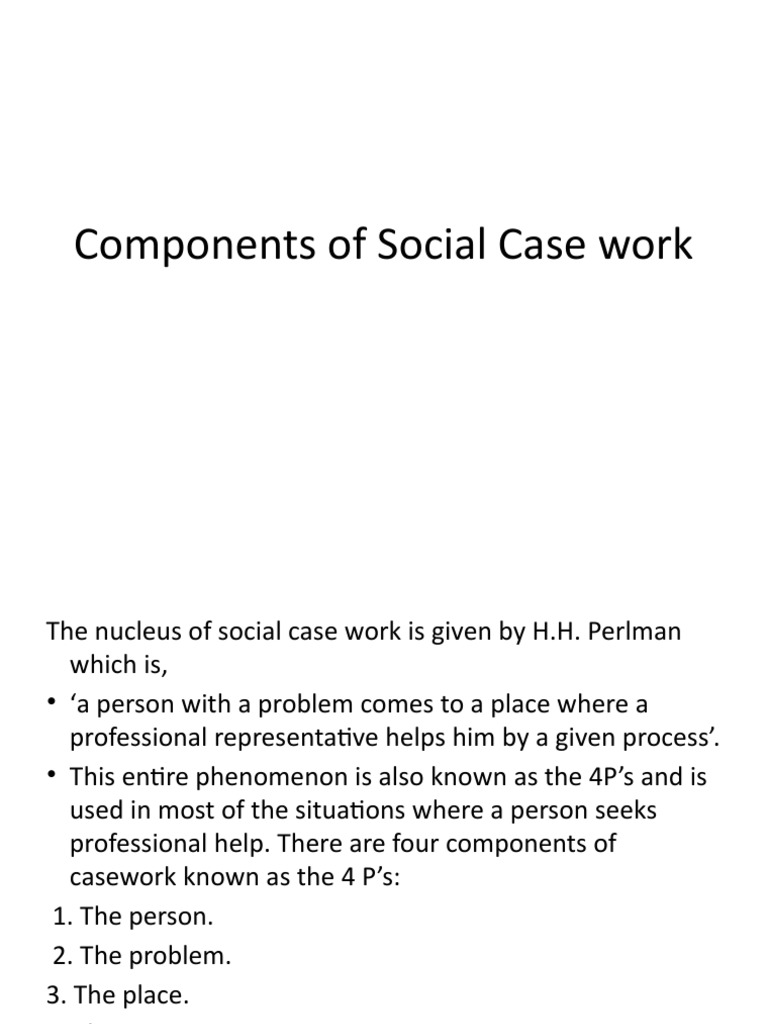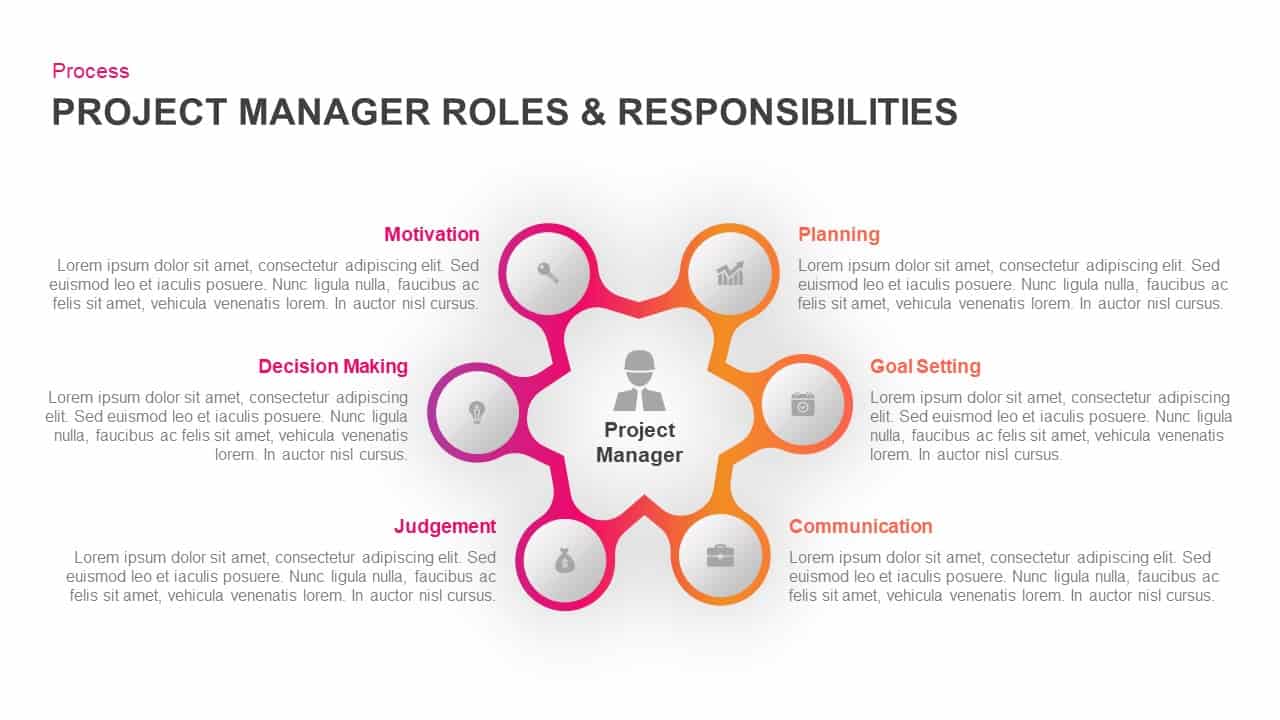7 Roles of a Case Worker

What is a Case Worker?

A case worker, also known as a social worker or case manager, is a professional who provides support and services to individuals, families, or groups who are facing challenges or difficulties in their lives. Case workers play a vital role in connecting clients with resources, services, and benefits that can help them overcome obstacles and achieve their goals.
Roles of a Case Worker

Case workers perform a variety of roles, depending on their area of specialization, the needs of their clients, and the policies of their organization. Here are 7 key roles of a case worker:
1. Assessment and Intake

Case workers conduct assessments to identify the needs and goals of their clients. This may involve interviewing clients, reviewing their medical and social history, and assessing their current situation. The assessment process helps case workers understand the client’s strengths, weaknesses, and areas where they need support.
2. Goal Setting and Planning

Based on the assessment, case workers work with clients to set realistic goals and develop a plan to achieve them. This may involve identifying resources, services, and benefits that can help clients overcome obstacles and achieve their objectives.
3. Service Coordination

Case workers connect clients with services, resources, and benefits that can help them achieve their goals. This may involve referring clients to community organizations, government agencies, or private service providers.
4. Advocacy

Case workers advocate on behalf of their clients to ensure that they receive the services and benefits they need. This may involve communicating with healthcare providers, government agencies, or other organizations to resolve issues or address concerns.
5. Support and Counseling

Case workers provide emotional support and counseling to clients who are facing challenges or difficulties. This may involve listening to clients, providing guidance and advice, and helping them develop coping strategies.
6. Monitoring and Evaluation

Case workers monitor client progress and evaluate the effectiveness of services and interventions. This helps them identify areas where clients need additional support and make adjustments to the service plan as needed.
7. Crisis Intervention

Case workers provide crisis intervention services to clients who are facing emergencies or critical situations. This may involve providing immediate support and guidance, connecting clients with emergency services, and developing a plan to address the crisis.
📝 Note: The roles of a case worker may vary depending on the organization, the population being served, and the specific needs of clients.
Skills and Qualities of a Case Worker

To be effective in their roles, case workers need to possess certain skills and qualities, including:
- Communication skills: Case workers must be able to communicate effectively with clients, families, and service providers.
- Empathy and compassion: Case workers must be able to understand and empathize with clients who are facing challenges and difficulties.
- Problem-solving skills: Case workers must be able to analyze problems and develop creative solutions.
- Cultural competence: Case workers must be able to work with clients from diverse cultural backgrounds and tailor their services accordingly.
- Attention to detail: Case workers must be able to maintain accurate records and monitor client progress.
Challenges Facing Case Workers

Case workers face a variety of challenges in their roles, including:
- High caseloads: Many case workers have high caseloads, which can make it difficult to provide individualized support to each client.
- Limited resources: Case workers may face limited resources, including funding, staffing, and services, which can make it difficult to meet client needs.
- Bureaucratic barriers: Case workers may face bureaucratic barriers, including complex eligibility requirements and lengthy application processes, which can make it difficult to access services and benefits.
What is the primary role of a case worker?

+
The primary role of a case worker is to provide support and services to individuals, families, or groups who are facing challenges or difficulties in their lives.
What skills and qualities are required to be a case worker?

+
Case workers need to possess certain skills and qualities, including communication skills, empathy and compassion, problem-solving skills, cultural competence, and attention to detail.
What are some of the challenges facing case workers?

+
Case workers face a variety of challenges, including high caseloads, limited resources, and bureaucratic barriers.
In summary, case workers play a vital role in connecting clients with resources, services, and benefits that can help them overcome obstacles and achieve their goals. To be effective in their roles, case workers need to possess certain skills and qualities, including communication skills, empathy and compassion, problem-solving skills, cultural competence, and attention to detail.



